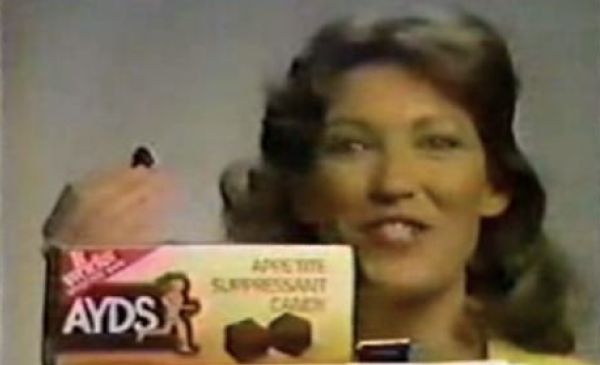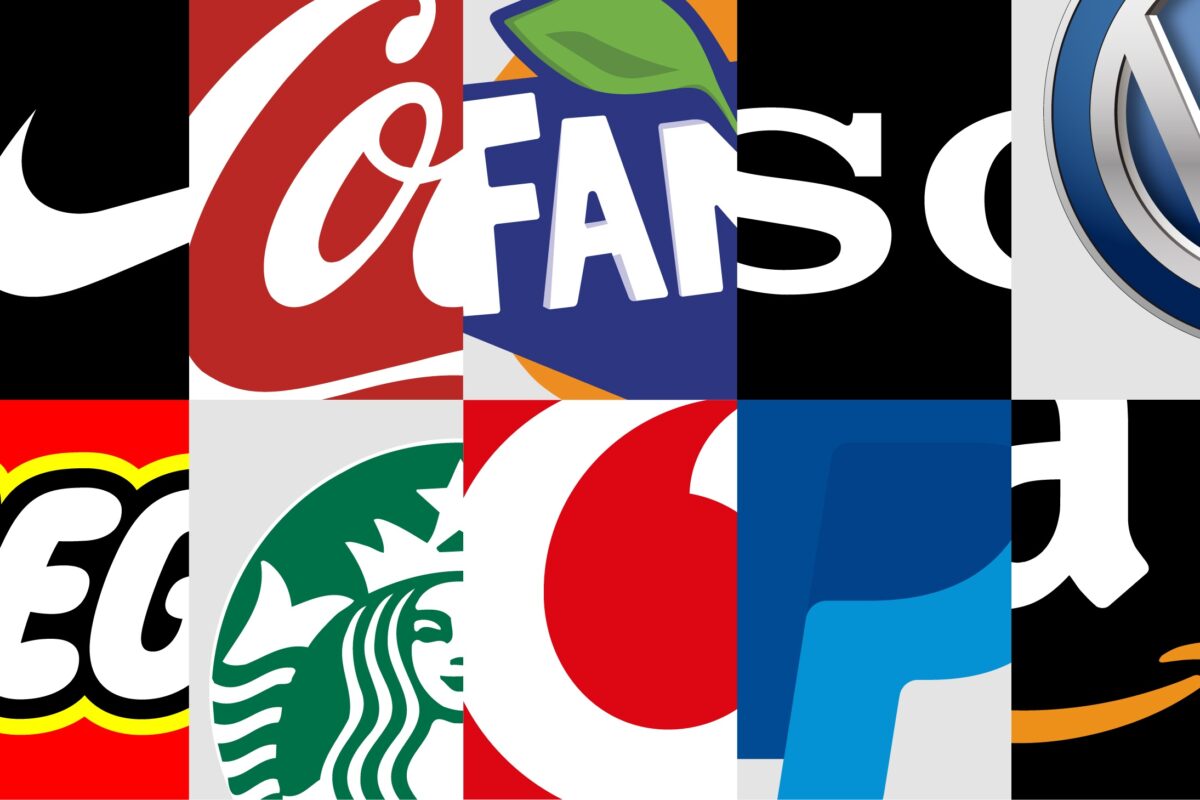
The Tea Party Bookshop in Salem, Oregon, has a generous selection of titles on personal growth and spirituality. There’s a poetry reading on the third Thursday of every month. And every once in a while, there’s a “pagan meet-up,” when folks are invited to enjoy a nice evening chatting with fellow pagans. (Well, this is Oregon.)
People who are angry about new Federal healthcare and happy about Sarah Palin wouldn’t necessarily shop there for books. But as the Tea Party political movement gained attention, they began calling and stopping by to ask what time the next anti-government rally would start.
The store’s owner reported disappointment, some interesting discussions, and mostly – confusion. And confusion, whether your name identifies a bookstore or a bank or a boat-builder, is the enemy of good communication.
Something had to be done. The store’s original name, based on the “independent, anti-corporate, more forward-thinking aspects” of the Boston Tea Party, had to go. The owner remembered a Buddhist monk saying that in order to move forward, you have to be a tiger. The Tea Party Bookshop is now Tigress Books. (With a new slogan: “Wildly Independent.”)
Through no fault of your own, your good name can be sullied. When outside events threaten to overtake you, you can either try to tough it out, or you can bite the proverbial bullet and change your brand name.
• The American Institute of Decision Sciences, a professional group widely known by its acronym AIDS, changed its name to the Decision Sciences Institute.
• A California firm had been known as AIDS Ambulance Service (for Attitude, Integrity, Dependability and Service). Its drivers were harassed by people who assumed the vehicles were for AIDS victims only. One injured man refused to get into their ambulance. They changed their name.
• But AYDS diet candy decided, initially, not to change its name. The chairman of the parent company said at one point, “Obviously, our product does not give anyone AIDS. But with a name like Ayds, we’ll have to do some re-marketing.”
AYDS (pronounced “aids”) was an appetite-suppressant candy which enjoyed strong sales in the 1970s and early 1980s. The original packaging used the phrase “Ayds Reducing Plan vitamin and mineral candy.” A later version used the phrase “appetite suppressant candy.” The active ingredient was originally benzocaine, presumably to reduce the sense of taste to reduce eating.
But by the mid-1980s, public awareness of AIDS overwhelmed any “re-marketing” the company could muster. Sales plummeted. The product’s name was changed to Diet Ayds (in Britain, Aydslim), but eventually it was withdrawn from the market.
Some besmirched names find a way to prevail. Consider the case a few years ago in Taiwan involving a popular soft drink named Sars and the Asian outbreak of SARS (Severe Acute Respiratory Syndrome).
If Sars were your brand, what would you have done?
It helps to understand the environment. Sars had been the flagship drink of the Hey Song Company for more than 60 years. In a soft drink-crazy country, it had sold more than 5 billion bottles. The name Sars was a shortened version of its major ingredient, sarsaparilla. (Many Chinese believe sarsaparilla lowers body temperatures and prevents various minor ailments.)
For a time, consumers in Taiwan continued to gulp down the root beer-like drink. Obviously, they noticed that the name was the same as the pneumonia-like virus. Eventually, concerns mounted.
The product’s name was changed to Hey Song Sarsaparilla, and sales today are stronger than ever.
The Blake Project Can Help: The Brand Storytelling Workshop
Branding Strategy Insider is a service of The Blake Project: A strategic brand consultancy specializing in Brand Research, Brand Strategy, Brand Licensing and Brand Education




